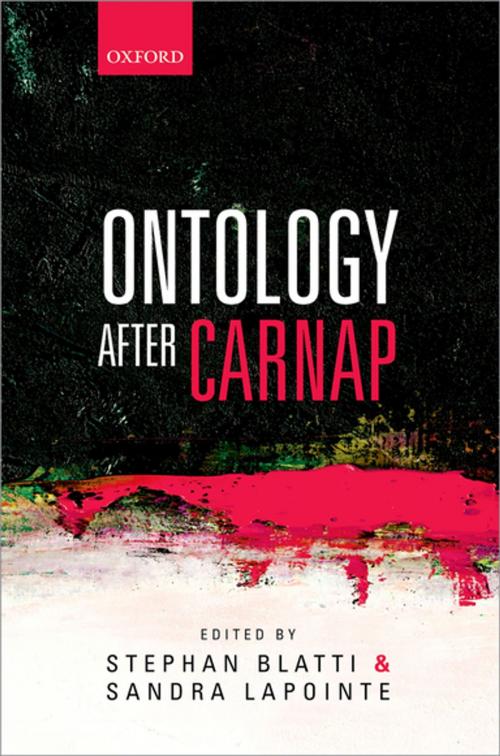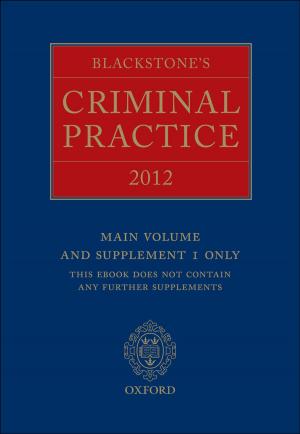Ontology after Carnap
Nonfiction, Religion & Spirituality, Philosophy, Logic, Reference & Language, Language Arts| Author: | ISBN: | 9780191076732 | |
| Publisher: | OUP Oxford | Publication: | March 24, 2016 |
| Imprint: | OUP Oxford | Language: | English |
| Author: | |
| ISBN: | 9780191076732 |
| Publisher: | OUP Oxford |
| Publication: | March 24, 2016 |
| Imprint: | OUP Oxford |
| Language: | English |
Analytic philosophy is once again in a methodological frame of mind. Nowhere is this more evident than in metaphysics, whose practitioners and historians are actively reflecting on the nature of ontological questions, the status of their answers, and the relevance of contributions both from other areas within philosophy (e.g., philosophical logic, semantics) and beyond (notably, the natural sciences). Such reflections are hardly new: the debate between Willard van Orman Quine and Rudolf Carnap about how to understand and resolve ontological questions is widely seen as a turning point in twentieth-century analytic philosophy. And indeed, this volume is occasioned by the fact that the deflationary approach to metaphysics advocated by Carnap in that debate is once again attracting considerable interest and support. Containing eleven original essays by many of today's leading voices in metametaphysics, Ontology After Carnap aims both to deepen our understanding of Carnap's contributions to metaontology and to explore how this legacy might be mined for insights into the contemporary debate. This collection will be of interest to scholars and students working in metaphysics, semantics, philosophical logic, metaphilosophy, and the history of analytic philosophy.
Analytic philosophy is once again in a methodological frame of mind. Nowhere is this more evident than in metaphysics, whose practitioners and historians are actively reflecting on the nature of ontological questions, the status of their answers, and the relevance of contributions both from other areas within philosophy (e.g., philosophical logic, semantics) and beyond (notably, the natural sciences). Such reflections are hardly new: the debate between Willard van Orman Quine and Rudolf Carnap about how to understand and resolve ontological questions is widely seen as a turning point in twentieth-century analytic philosophy. And indeed, this volume is occasioned by the fact that the deflationary approach to metaphysics advocated by Carnap in that debate is once again attracting considerable interest and support. Containing eleven original essays by many of today's leading voices in metametaphysics, Ontology After Carnap aims both to deepen our understanding of Carnap's contributions to metaontology and to explore how this legacy might be mined for insights into the contemporary debate. This collection will be of interest to scholars and students working in metaphysics, semantics, philosophical logic, metaphilosophy, and the history of analytic philosophy.















